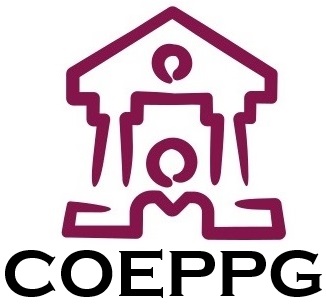
Effective communication is the cornerstone of leadership, decision-making, and corporate success. In today’s fast-paced, digitally driven, and ever-evolving business landscape, professionals must master the art of clear, strategic, and persuasive communication. Whether it’s articulating a vision, managing a crisis, influencing stakeholders, or working across cultures, strong communication skills are essential for executives and business leaders. As workplace dynamics shift, globalization expands, and digital media continues to grow, communication strategies must adapt. The Communications area is dedicated to equipping students with the skills and expertise needed to thrive in these changing environments.
The communication area offers core courses designed to develop the essential communication skills required for different executive roles. The curriculum includes a series of workshops and courses that focus on written and oral communication, interpersonal skills, and critical thinking. These foundational courses help students refine their ability to communicate effectively in diverse business settings.
In addition to core courses, MBA and MBAA students can choose from specialized electives to gain deeper insights into communication in specific business contexts. Corporate Communication & Crisis Management trains students in managing organizational reputation and handling crisis situations effectively. Cross-Cultural Communication & Management provides essential skills for navigating international business environments, while Marketing Storytelling (cross-listed with the Marketing area) explores the power of narrative in marketing.
Courses such as Executive Communication, Corporate Communication Strategy, and Critical Thinking and Interpersonal Skills at the Executive MBA level focus on strategic messaging and executive presence, which are critical to organizational success. The Communications area particularly focuses on enhancing students’ analytical and decision-making abilities, ensuring that they are equipped to handle everyday workplace challenges.
MBA/MBAA/EMBA Core & Elective courses Core courses:
Elective courses:
PhD Core & Elective Courses
Core courses:
Elective course:




